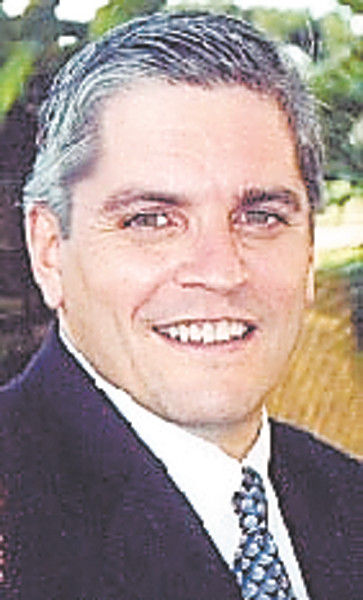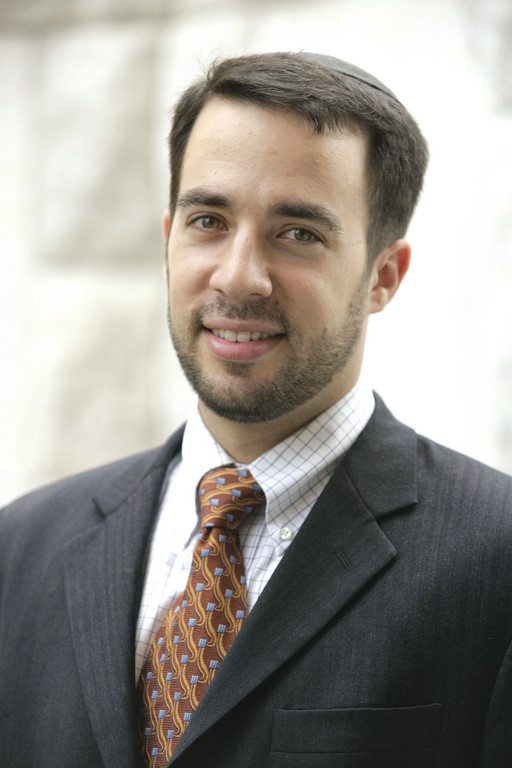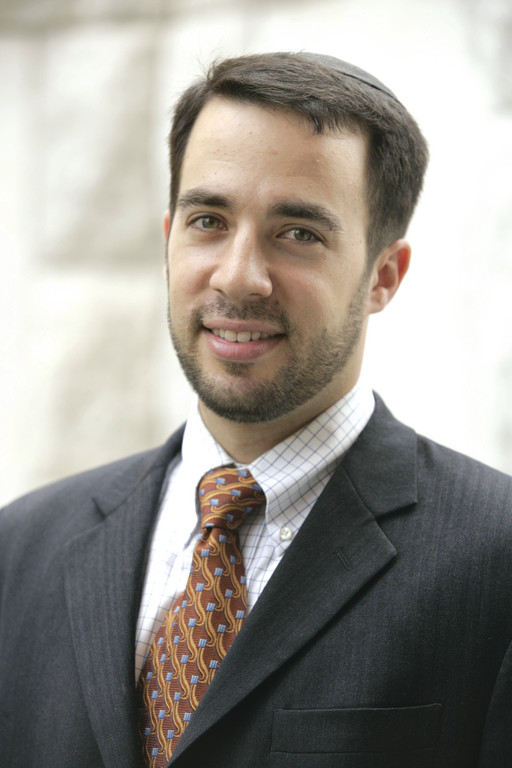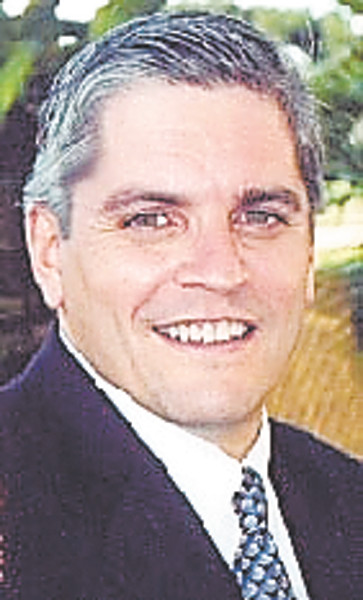Torah Columns
1744 results total, viewing 1551 - 1560
|
Sunday mornings for me, even twenty years later, still have a tinge of sadness. While Westerners most often view Sunday morning as the chance to sleep late, relax with the family, and catch up on the news, for most Israeli soldiers it is the most depressing moment of the week.
more
By Rabbi Binny Freedman
|
2/7/13
|
|
Friday night. The sun had long since set, dark clouds hid the stars, and the wind was howling off the Shouf mountain range in central Lebanon.
I had managed to quietly sing the Kabbalat Shabbat service while en-route to the ambush site, and even pray the evening service while in the staging ground, before giving my men a final inspection, but I had no idea what to do about Kiddush.
more
By Rabbi Binny Freedman
|
1/31/13
|
|
It is quite uncommon for the entirety of the Jewish people to agree about something. I would venture to bet that all of the Jews agree to the historical and national significance of the Land of Israel, but not all Jews agree as to the validity of the State of Israel (this disagreement is a shame).
more
By Rabbi Avi Billet
|
1/31/13
|
|
It is hard to imagine, looking down at the windswept desert floor far below, what it must have been like 2000 years ago, to be a Jewish rebel soldier atop the isolated fortress of Masada. What kept you going, as you gazed down at the might of three Roman Legions, bent on your destruction?
more
By Binny Freedman
|
1/24/13
|
|
In this most dramatic of Torah portions, the opening pesukim (verses) read like storyboards of a film’s opening sequence of images around the locale where it is set. The people turn from going straight along the Mediterranean coast towards the Red Sea. Moshe is arranging the transfer of Yosef’s bones. They travel from Sukkos (first stop 12:37). We then see the people during the day being led by the Pillar of Clouds. In the dark of night, the Pillar of Fire provides the necessary light and protection.
more
By Rabbi Avi Billet
|
1/24/13
|
|
The three plagues of Parshat Bo can be summarized in one word: Darkness. The locusts “covered the entire surface of the land, making the land dark.” (10:15) The plague of Darkness speaks for itself. And the Death of the Firstborn takes place around midnight (12:29), in the darkness of the shadows of the night. Death, as those of us who have experienced loss know, is the ultimate darkness.
more
By Rabbi Avi Billet
|
1/17/13
|
|
In his “Living Torah,” Rabbi Aryeh Kaplan summarized the many options of what the 4th plague may have been, based on Midrash and commentaries: Flies (Rabbi Nechemiah), wild animals (Rabbi Yehuda) (Sh’moth Rabbah 11:4) (based on a literal reading of Psalms 78:11); dog-flies (Septuagint); blood-suckers (Philo); mixture of insects and snakes (Sefer HaYashar); Beetles (scarab or dung beetle); wolves (Rashbam), panthers, eagles or other birds (Midrash Tehillim 78:45); giant squid (Midrash Aggadah).
more
By Rabbi Avi Billet
|
1/10/13
|
|
There are certain things in life we take for granted, and chief amongst these are the relationships we have built over a lifetime. So one wonders exactly what Hashem (G-d) is saying at the beginning of this week’s
portion:
“And G-d spoke to Moshe and said to him ‘I am G-d’.” (Exodus 6:2)
Why is G-d introducing Him/Her self to Moshe?
more
By Rabbi Binny Freedman
|
1/10/13
|
|
How does one make life meaningful? How do we make sure that we are living every moment to its fullest potential?
This week’s portion, Shemot, contains a powerful indication to Judaism’s recipe for a meaningful and joyful life.
more
By Rabbi Binny Freedman
|
1/3/13
|
|
Commentaries have a field day trying to pinpoint what was Moshe’s sin that sealed his fate not to bring the people to the Promised Land. Even the language of the Torah is inconclusive, because when the episode of Mei Merivah (Bamidbar Chapter 20 – the “Rock incident”) took place, Moshe and Aharon are informed they will not “bring” the people to the land. It is only later that they are told they, too, will not “enter” the land (Bamidbar 20:24, Devarim 4:21 (referring to Bamidbar 14:30?), Devarim 32:52).
more
By Rabbi Avi Billet
|
1/3/13
|

 58.0°,
Partly Cloudy
58.0°,
Partly Cloudy 


